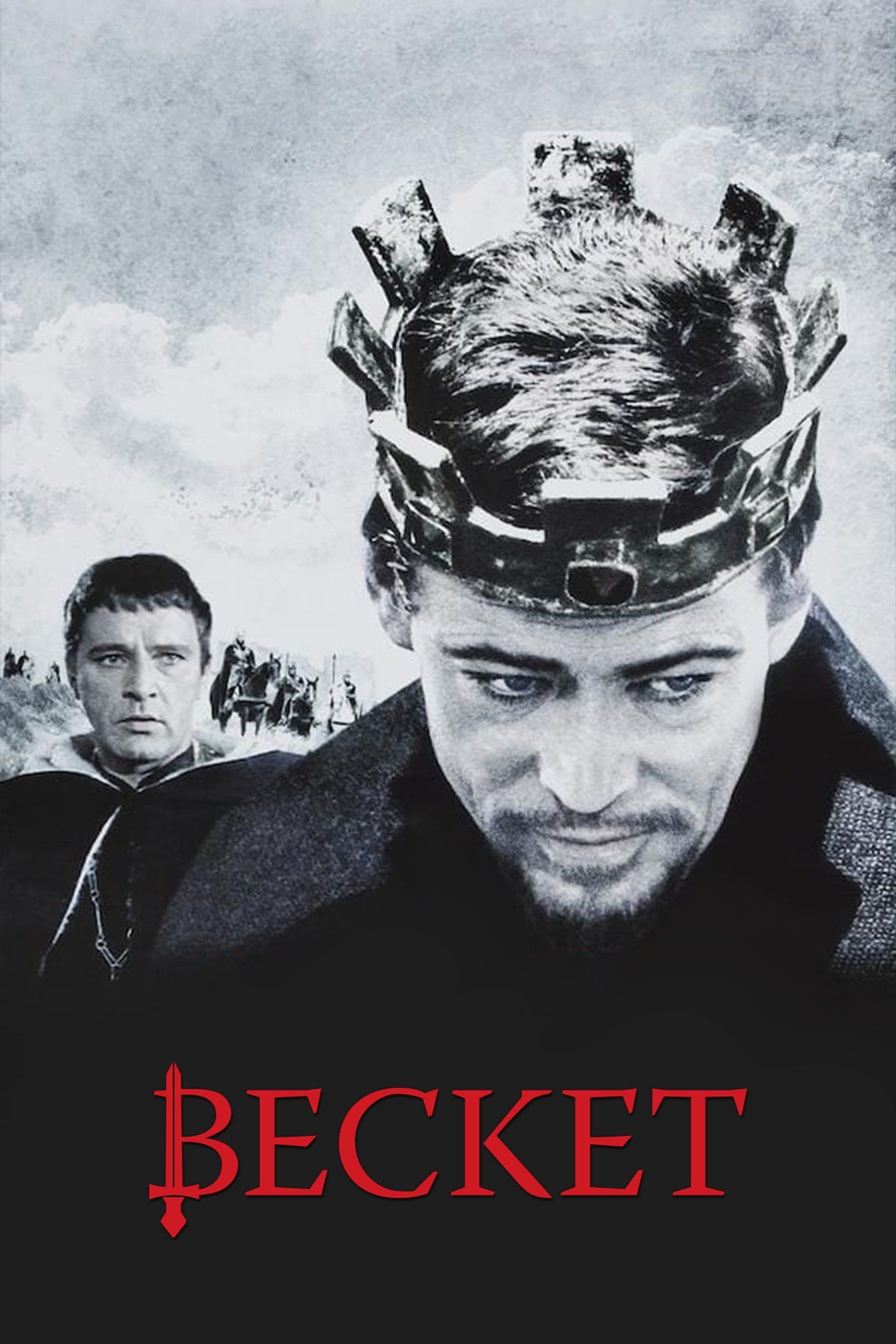
Becket
1964
Rate this movie
Average: 0.00 / 5
(0 votes)
Director
One would only need to scroll through the list of lead actors in this lavish historical drama to grasp the magnitude of this film: John Gielgud, Peter O’Toole, Richard Burton, Gino Cervi, Paolo Stoppa. A constellation of giants, each in their own way a titan of stage and screen, whose mere presence guaranteed a rare dramatic depth and resonance. Peter O'Toole, with his effervescent and magnetic impetuosity, embodies a burning young Henry II, tormented by a power that, though desired, proves to be a heavy burden on his rebellious soul. Beside him, Richard Burton carves out a Thomas Becket that is a true tour de force of inner transformation: from the cynical hedonist and royal carousing companion, there slowly emerges the hieratic, almost ascetic, figure of the Primate of England, whose faith (or perhaps a new, higher form of ambition) solidifies into unshakeable moral rectitude. The contrast between their performances – O'Toole's explosive energy and Burton's granite gravitas – generates an acting dialectic of rare intensity, a true psychological duel that elevates the film far beyond mere historical drama. And then Gielgud's touch of class, his velvety voice and aristocratic bearing conferring authority and wisdom upon the figure of the Pope, while our Gino Cervi and Paolo Stoppa, pillars of Italian cinema, add a more earthly, almost farcical dimension to the court prelates, creating a subtle and well-calibrated counterpoint to the British solemnity.
Additionally, one must add the talent of a director who has been too long overlooked and covered by a shroud of oblivion that does not in the least diminish the value of his art: Peter Glenville. His direction, often underestimated, here proves to be of surgical precision and breathtaking visual breadth. Glenville, despite having directed less memorable works, demonstrates in "Becket" an exceptional mastery of the cinematic medium, balancing the grandiose historical fresco with an intimate and penetrating psychological analysis of the characters. His ability to orchestrate crowd scenes and focus on revealing details, often through eloquent close-ups, is worthy of the masters of the epic genre, but with a dramatic sensibility that elevates him above mere narrators of deeds.
Based on Jean Anouilh's novel – or rather, his 1959 play "Becket ou l'Honneur de Dieu", which was already a masterpiece of psychological and philosophical exploration – and rewritten with philological love by Edward Anhalt (whose work earned him an Oscar), it narrates the events of Henry II, who in 1154, newly crowned, summoned his friend Thomas Becket to his court, appointing him first as personal Chancellor and subsequently as Archbishop of Canterbury. Anhalt, with rare mastery, does not merely transpose the theatrical text but expands it with a keen cinematic sense, preserving the brilliance of Anouilh's dialogues – imbued with wit, cynicism, and profound reflections on honor, power, and identity – while simultaneously opening the narrative to settings of visual splendor that only the big screen can offer. Anouilh's work, already a brilliant exploration of existential dilemma and personal transformation, finds a worthy heir in Anhalt's screenplay, capable of translating the drama's intellectual verve into a far-reaching epic, while maintaining intact the core of the spiritual and political conflict.
The slow degradation of the friendship between the two, undermined by the Church's independence drives against the Crown, is at the core of the director's focus, who relentlessly documents its tragic genesis. This is not a simple historical reconstruction; it is an anatomy of loss, a fresco on the corruption of a friendship that, from complicit and carefree, transforms into an implacable duel between the forces of temporal power and those of ineffable faith. In this sense, the film is a narrative archetype, a kind of "bromance" ante litteram that culminates in tragedy, a theme that resonates with other great cinematic and literary works, from "Amadeus" for its dynamic of genius and envy, or even certain Shakespearean dramas on the loss of trust and the inescapability of fate. Becket's metamorphosis, from a voluptuous party companion to an uncompromising defender of the Church, is not depicted as mere political expediency or a narrative contrivance, but rather as an authentic inner conversion, a spiritual journey that leads him to ultimate sacrifice, to sainthood. Henry II, on the other hand, remains trapped in his impetuous and vengeful humanity, incapable of understanding his friend's new, almost mystical, vocation, seeing it as a personal betrayal and an affront to his divine power. The conflict between the two figures thus becomes a universal metaphor for the perennial tension between State and Church, between earthly power and spiritual authority, a struggle that has shaped the history of the West for centuries.
A superbly acted and sublimely directed work, "Becket" continues to shine for its rare combination of spectacular grandeur and intellectual depth. The cinematography, with its wide Panavision shots, captures the magnificence of the courts and the solemnity of the cathedrals with a richness of detail that transports the viewer into a vivid and credible Middle Ages. The costumes, set designs, and Laurence Rosenthal's soundtrack (nominated for an Oscar) work in synergy to create an immersive atmosphere, contributing to that sense of lavishness already evoked. But beyond its visual opulence, it is the strength of the human drama, the complexity of relationships, and the timeless debate between honor, loyalty, and faith that elevate "Becket" to a higher level, making it not only a cinematic monument, but also a profound meditation on the nature of power and the human soul. A masterpiece that deserves to be rediscovered, celebrated, and meditated upon with the same intensity with which it was conceived.
Main Actors
Gallery
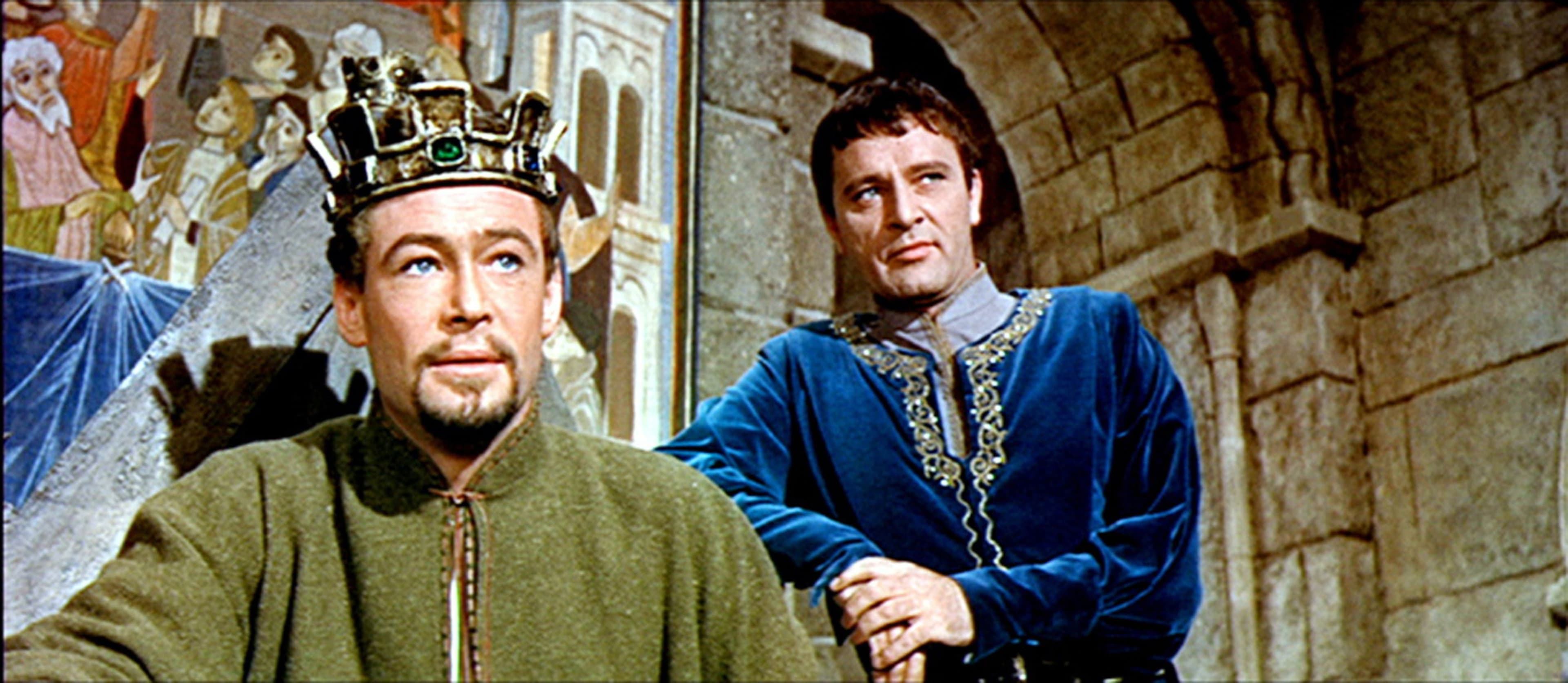
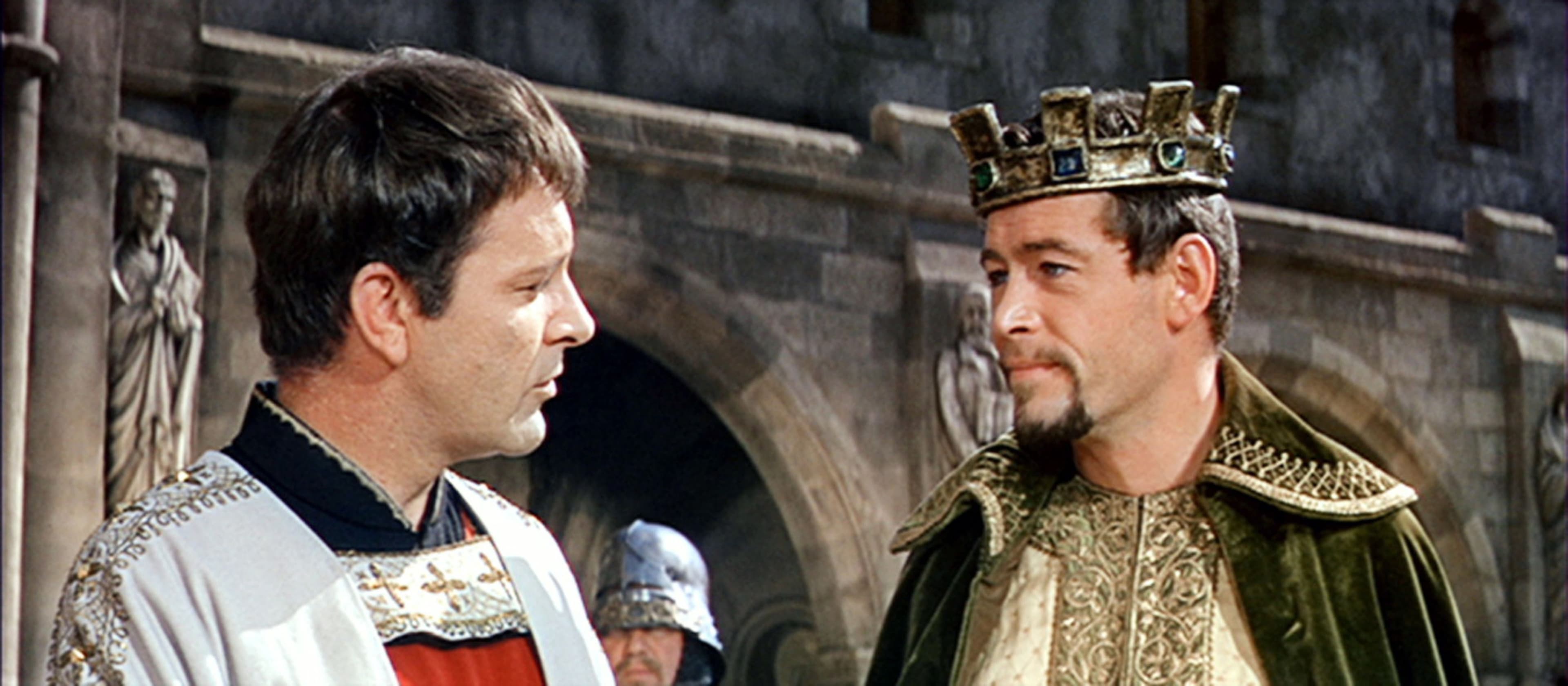
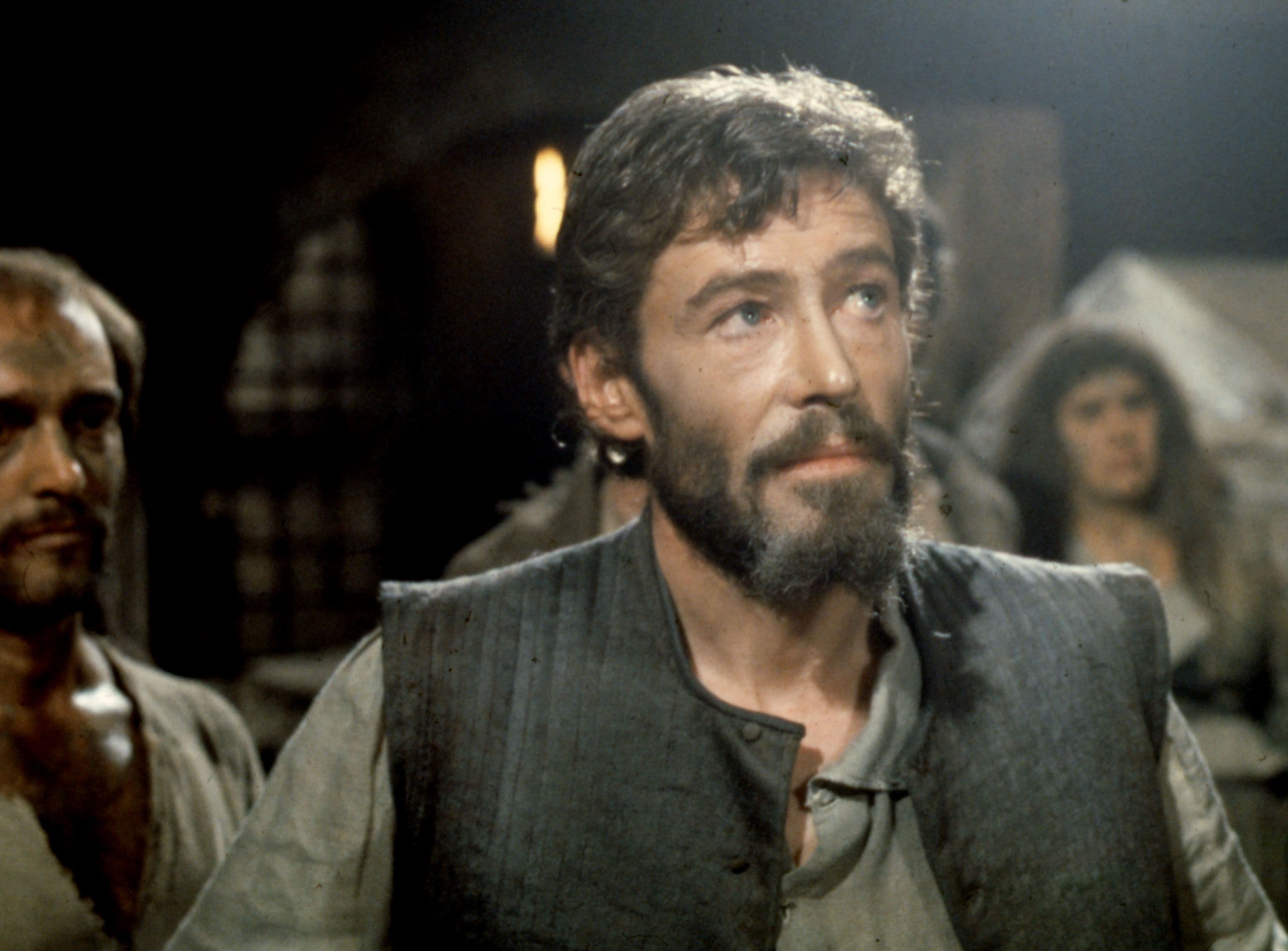
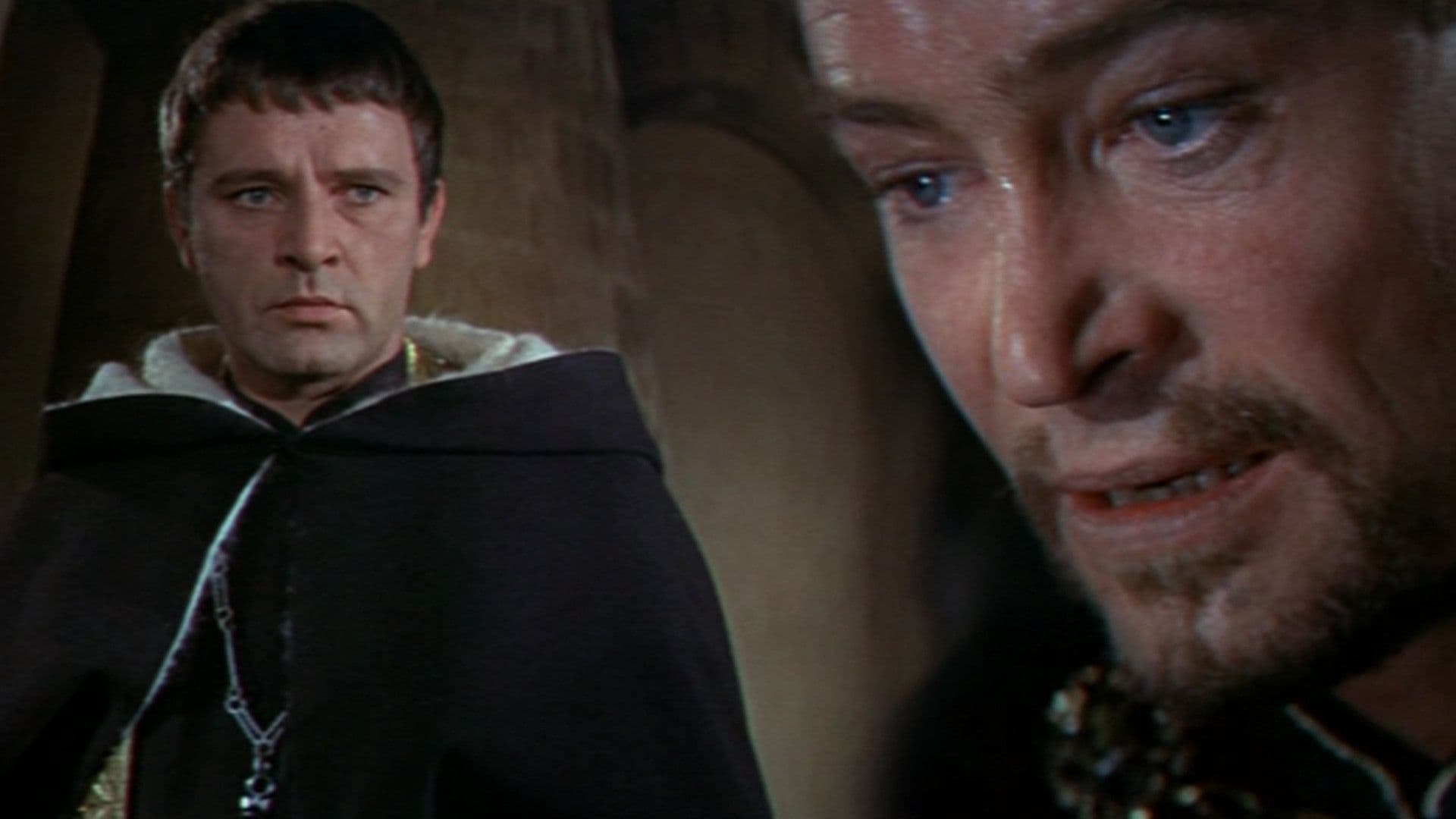
Featured Videos
Official Trailer
Comments
Loading comments...